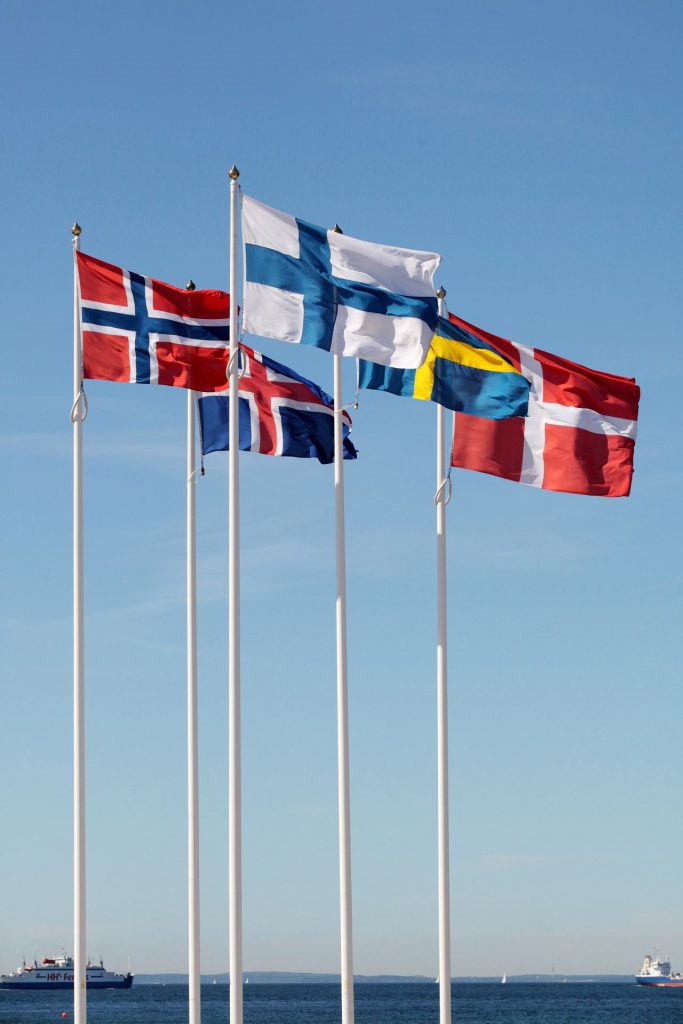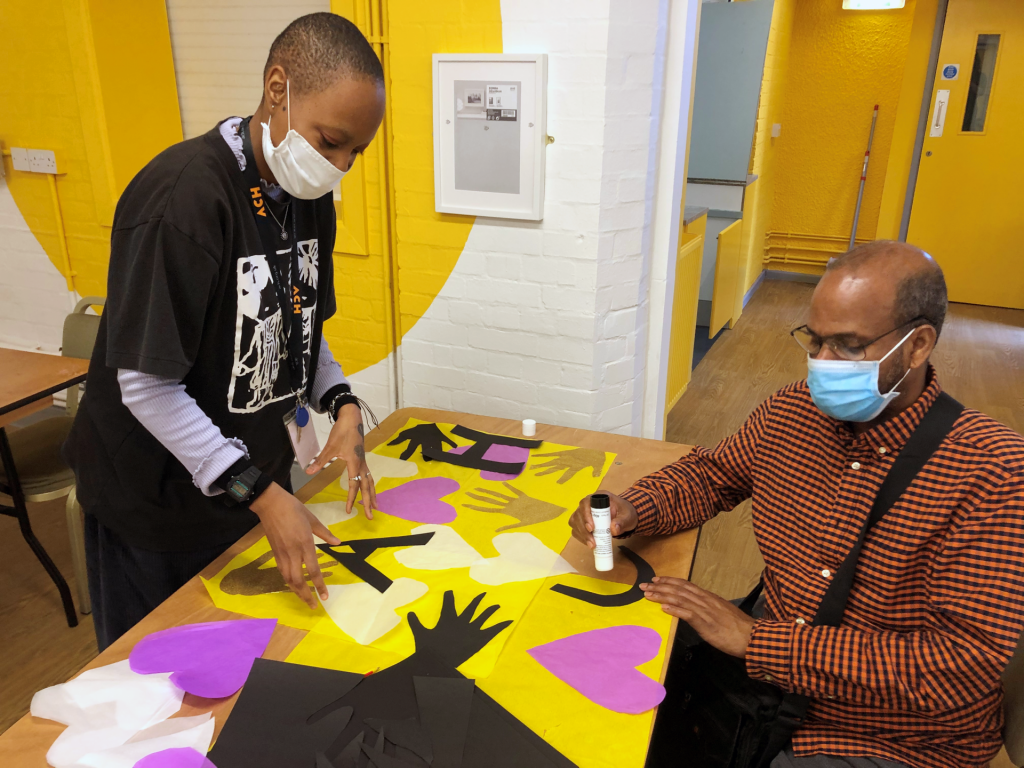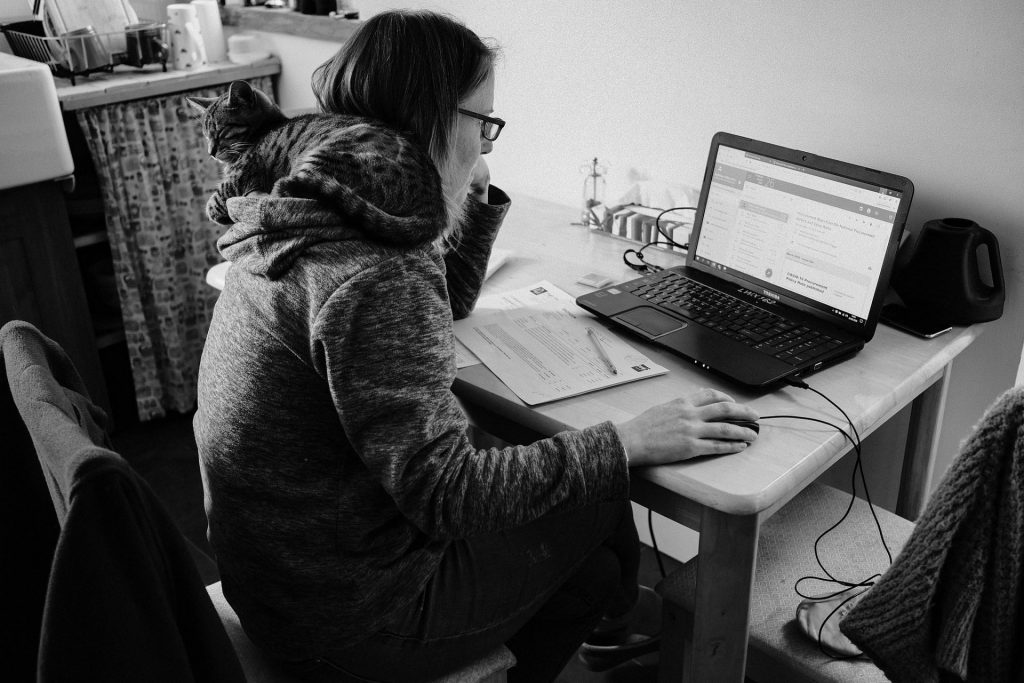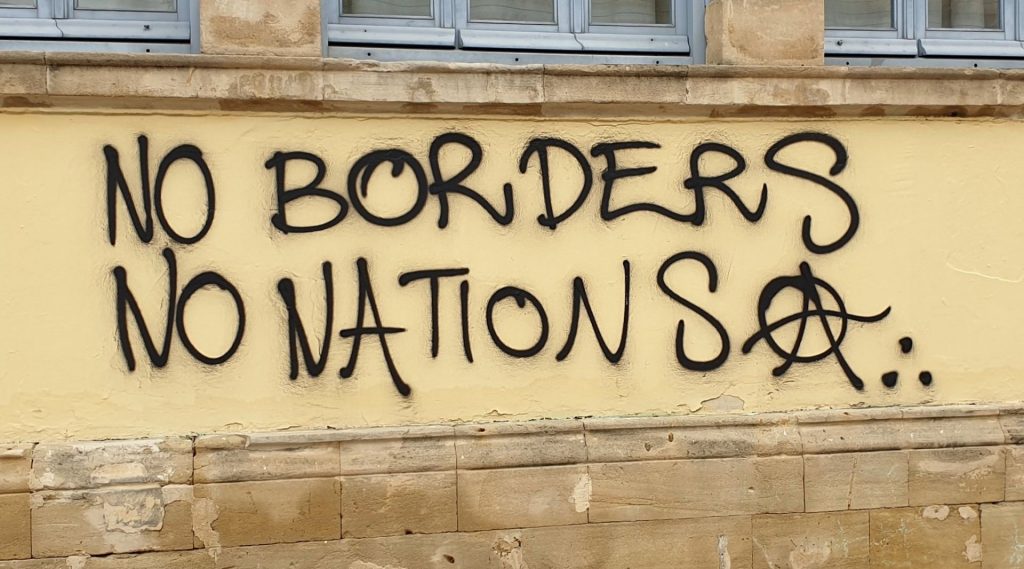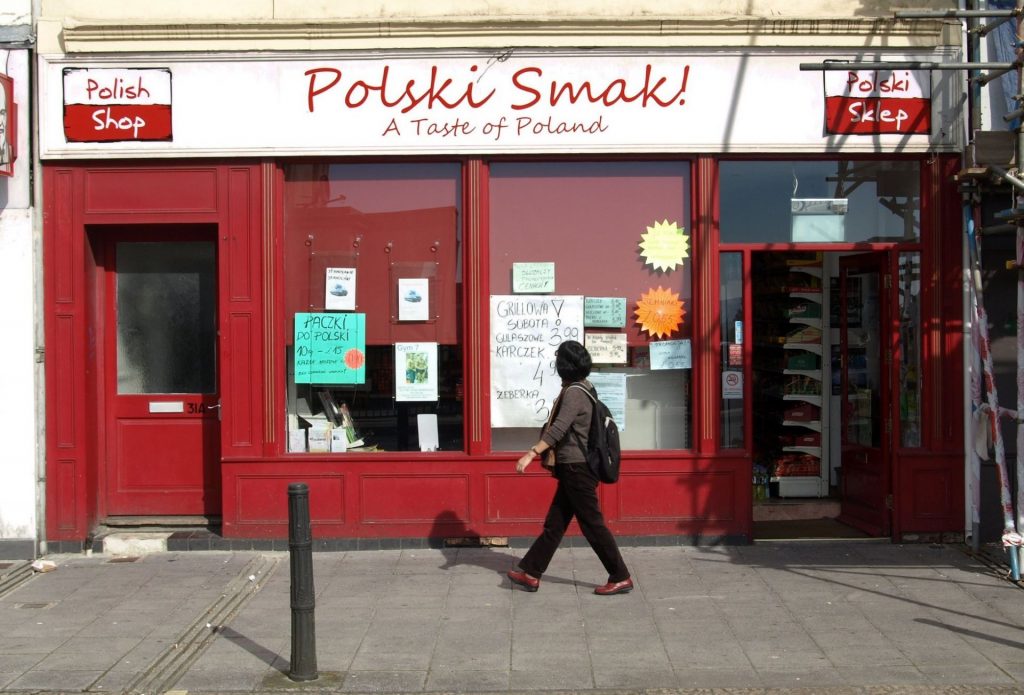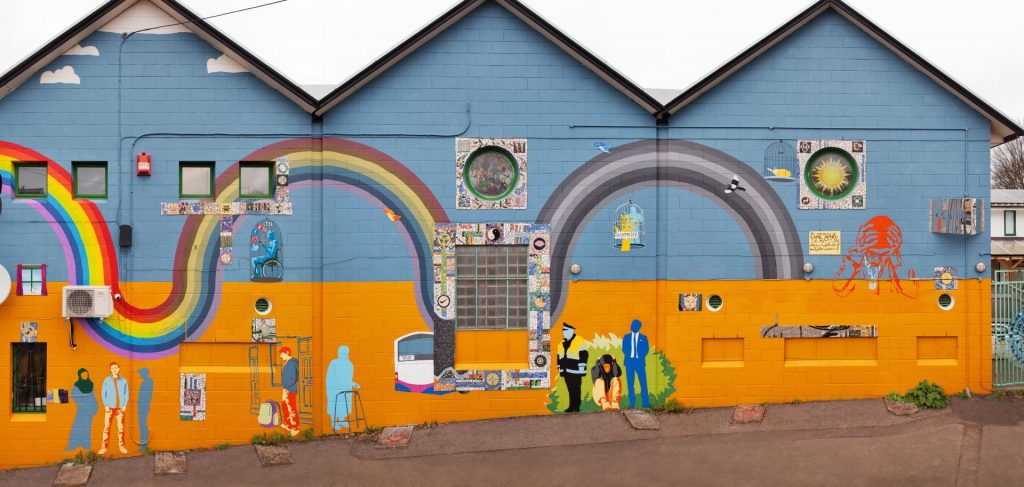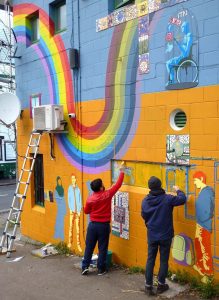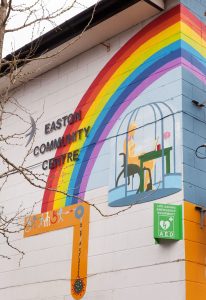By Lin Ma.
Studies of religion and migration tend to focus on how faith and beliefs travel with migrants, especially in the case of religions that are purposefully spread by their adherents. However, the story differs with my recent doctoral research on identities of Chinese international students who explore or convert to biblical evangelicalism in the UK.
International students stand out among other migrants for their chosen transient and temporary status. Unlike refugees – whose basic rights are often violated and institutionally denied – the choice of international students to migrate for educational purposes is often welcomed by host countries. Anglophone universities are among the oldest institutions to receive foreign students. And yet all international students are not equal, and some have more opportunities available to them than others. Of all these opportunities, why would Chinese international students favour a biblical, Christian identity in the UK?
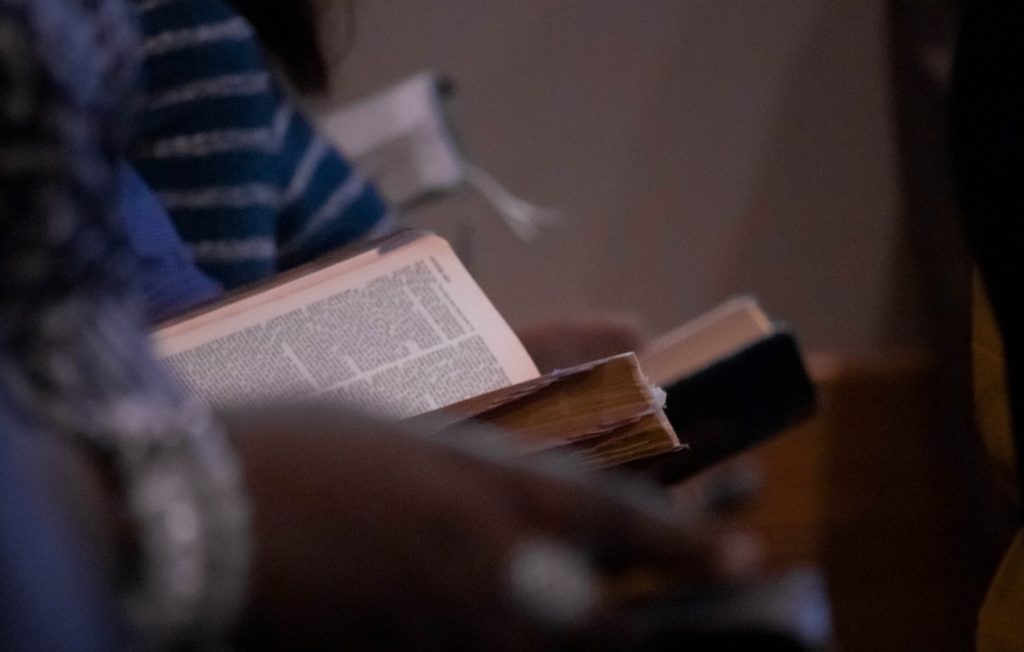
There has been growing awareness of the conversion of overseas Chinese people to Christianity. Since the 1980s, the number of Chinese Christians has increased steadily, along with the academic interest. In the US, where scholarship in this field first emerged, Fenggang Yang documented a ‘mass conversion’ of Chinese immigrants to Christianity. I was fascinated by this religious conversion of adults to a fundamentalist identity – one that they alleged to be more important than all others. More intriguingly, exposed to the same setting, why do some convert but others not?
Based in the UK, I did not observe a ‘mass’ conversion of Chinese to Christianity but rather the influence of colonial legacies in drawing people towards this church. Hong Kong Chinese are the backbone of established ethnic Chinese congregations in the UK, with active but separate evangelical outreach programmes aimed at Mandarin-speaking Chinese students and students-turned professionals.
To reach these international students, British evangelical Christians actively present their church as a way of accessing British culture, practising English and integrating into local communities (Ma 2021). Such depictions are especially appealing to Chinese international students whose participation in local society is compromised by their linguistic and cultural differences. Consequently, even though Christian proselytisers want to evangelise indiscriminately, they are much more likely to succeed with particular types of international students.
The UK has been seen as ‘exceptionally secular’ in comparison with the ‘exceptionally religious’ US (Berger et al. 2008) but to the Chinese, the white-majority Anglophone culture of both overrides their religious differences. As I have recently shown (Ma 2021), two thirds of the Chinese students I surveyed when they had just arrived in the UK had thought that ‘Britain is a Christian country’ and that ‘Most British people are Christians’. Indeed, such perceptions were shared by those Chinese students who sought out and participated in local Christian settings.
Most of the Chinese international students I spoke to or interviewed came from the People’s Republic of China, where Christianity has never been coupled with politics as it has been in the West. Nor has China had a good record of human rights and religious freedom. Nonetheless, none of the students saw themselves as victims of limited religious choice before coming to the UK. Some had had a Christian upbringing or prior Christian encounters, but all insisted that they only became true believers after they came to study in Britain.
Following six months of multi-sited ethnographic fieldwork at biblical, evangelical settings – including churches and faith-based organisations on and around university campuses in the UK – I recruited over 30 Chinese students for life-story interviews. Half of the students were self-identified Christian converts, and half were not converted. Had those who converted been seeking to become religious in the first place? Or how did their educational mobility to the UK intensify a search for this faith?
It became clear that in China students are taught that the cultural core of the West is Christianity. This is especially reflected by students majoring in globally oriented subjects – such as English language and literature, international business and cultural studies. As such, they were encouraged by their Chinese tutors and seniors to learn about Christianity. Is this an Asian construct of the West? Evidence suggests that within the religious landscape in the West, a Christian hegemony succeeded in defining Western culture this way, and that the image was accepted by those outside. My research found that contemporary encounters between different peoples continue to reflect this legacy.
The presence of these nonconverts in evangelical settings suggests that these Christian spaces provide more for overseas Chinese students than just religious support. In the context of a ‘white’ Anglophone university where not all international students have an equal footing, the Christian organisations have helped Chinese students settle into their British surroundings. All of my interviewees acknowledged the kindness, care and conversational space that Christians had provided for them. Their subjective sense of crisis often accompanied their intellectual interest in the Western culture core. In addition to attending language and culture events tailored for international students, their requests at the prayer sessions frequently unveiled their struggle to fit in, to belong, and to deal with an unfamiliar academic environment. Prayer content ranged from dealing with mentors who neglected their emails to loan agencies’ delayed responses, which could jeopardise their visa status.
When local Christian support addressed students’ requests, it was linked to the theological belief in a divinely ordained intervention. Such experience gave strength to those who had felt disempowered following their migration to the UK. Their intense desire for a just, omnipotent being to oversee their lives reflected the moments of helplessness they experienced in the UK when injustices – such as personal and institutional racism – were directed towards them. For converts, the power and love of a supreme being made them feel valued and validated, something they struggled for in the higher education context.
My research sits across studies of religion, migration and internationalised higher education. Within religious studies it challenges the crude secularisation thesis that, in modern society, people walk away from religion. It also challenges higher education studies that recognise the privileges of international students but do not consider universities as a place for cultivated religious identities, especially for those situated on the margin. Equally, migration studies, though acknowledging religious claims of migrants, shrink from a rigorous examination of how and why religious belief can become a significant part of the migration experience and shape the decisions that migrants make. In using a decolonial epistemology my thesis initiates a necessary conversation between these fields and unveils the liminal space in which individuals, with both their privileges and vulnerabilities, come to navigate new identities in the global arena.


